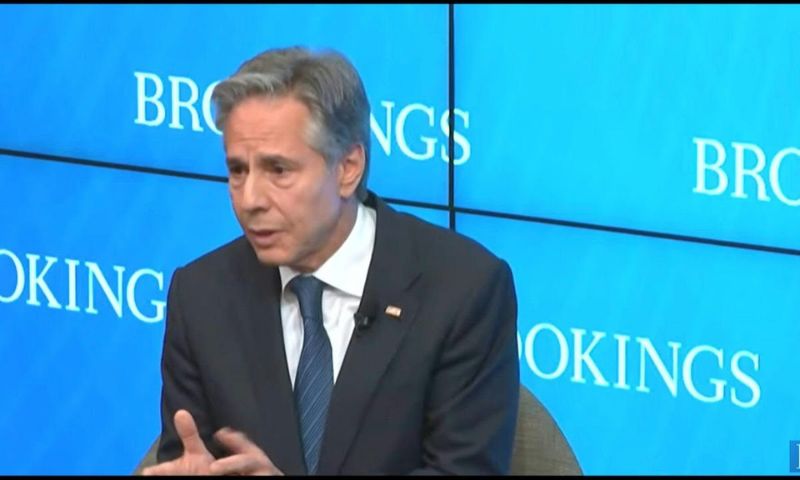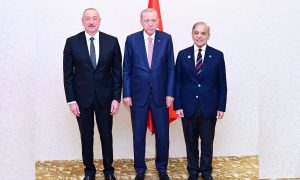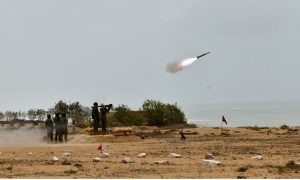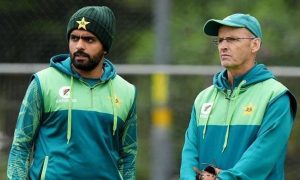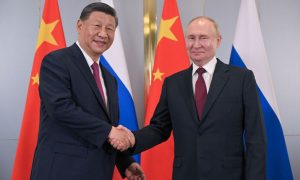WASHINGTON: US Secretary of State Antony Blinken expressed confidence on Monday that European allies would maintain strong support for NATO, despite the recent electoral gains by far-right parties in Europe, including Marine Le Pen’s National Rally in France.
Speaking at the Brookings Institution, Blinken refrained from directly addressing the victory of Marine Le Pen’s party in the first round of French elections but emphasized NATO’s continued strengthening since Russia’s invasion of Ukraine.
“The alliance is moving forward to ensure that we have adequate defenses across our member states, strategically placed where they are most needed,” Blinken stated, highlighting NATO’s trajectory over the past three and a half years. “I do not foresee this trajectory changing regardless of the current political dynamics in Europe.”
Blinken underscored the solidarity within NATO, emphasizing the alliance’s strong partnerships and alliances, particularly citing Italy under the leadership of Prime Minister Giorgia Meloni, who represents the country’s most right-wing leadership since World War II. Meloni has shown support for Ukraine, despite differing from some of her political counterparts.
Following Russia’s invasion of Ukraine, NATO has expanded its membership, welcoming Finland and Sweden into its fold, increasing its total membership to 32 countries. Furthermore, 23 member states have now met the alliance’s decade-old goal of allocating two percent of their GDP to defense spending.
The rise of far-right parties like France’s National Rally, historically scrutinized for its ties with Russia, has not dampened NATO’s resolve. Jordan Bardella, a prominent figure in the National Rally and potential prime ministerial candidate, recently assured that he would not allow Russia to annex a NATO member state such as Ukraine.
The upcoming NATO summit in Washington, commemorating the alliance’s 75th anniversary, arrives amid scrutiny and criticism of NATO’s efficacy from figures like former US President Donald Trump, now a contender for the Republican nomination in the upcoming presidential elections.









